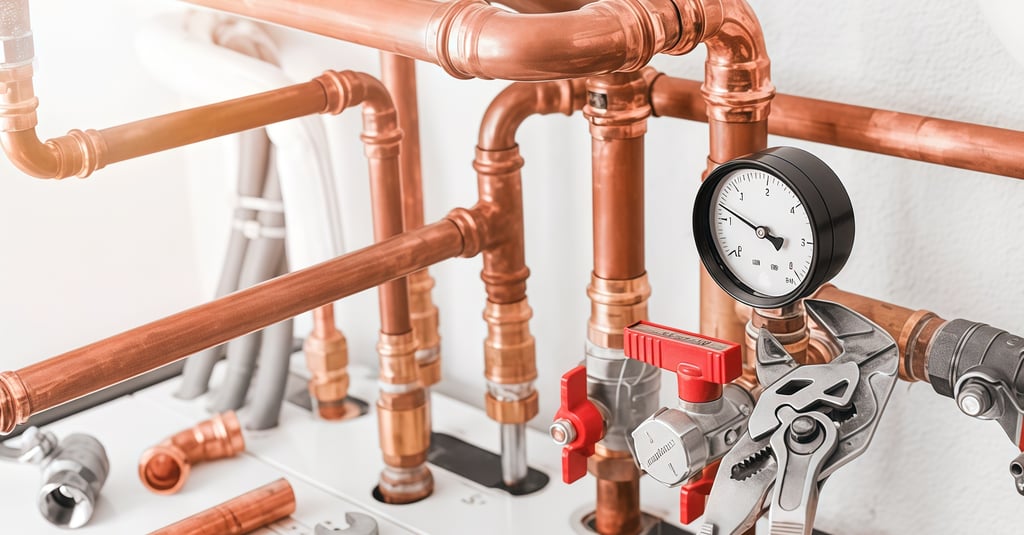Enhancing Energy Efficiency in Medical Gas Systems
9/24/20252 min read


Introduction
Energy efficiency in medical gas systems (MGPS) has gained paramount importance as healthcare institutions strive to lower operational costs while maintaining high standards of care. These systems, essential for patient safety and treatment efficacy, can also significantly impact a facility’s energy consumption. In this blog post, we will explore several strategies to enhance energy efficiency in medical gas systems, including smart pressure regulation, preventive maintenance, and right-sized design.
Smart Pressure Regulation
One of the pivotal elements in increasing energy efficiency in medical gas systems is the implementation of smart pressure regulation. Traditional pressure regulators often operate under a fixed setting which may not be suitable for varying demands of gas flow. Smart pressure regulation technology dynamically adjusts the pressure based on real-time demand, ensuring that energy is used judiciously. By minimizing excess pressure during low-demand periods, these systems not only conserve energy but also extend the lifespan of the equipment, leading to reduced replacement costs in the long run.
Preventive Maintenance
Regular preventive maintenance is another crucial factor that significantly enhances the efficiency of medical gas systems. Routine checks and servicing can identify potential inefficiencies, leaks, or malfunctions that waste energy. By addressing these issues promptly, facilities can maintain optimal operation levels and improve overall system performance. Implementing a structured preventive maintenance program ensures that MGPS runs efficiently, which leads to lower energy consumption and supports a sustainable environment in healthcare settings.
Right-Sized Design
The design of medical gas systems plays an integral role in their energy efficiency. Right-sizing the system against the specific needs of a facility is paramount. Oversized systems can result in excessive energy consumption, while undersized ones can compromise service delivery. A carefully designed system, tailored to the unique demands of the healthcare environment, optimizes energy use and minimizes waste. Engaging with experienced professionals during the design phase can ensure that the system components are selected appropriately to deliver efficiency without compromising on service quality.
Final Word
In conclusion, enhancing energy efficiency in medical gas systems is not merely a cost-saving measure but a crucial step towards sustainable healthcare practice. Energy-efficient MGPS not only lowers operational costs but also fosters a commitment to environmental responsibility. At MedDevices, we specialize in designing systems that seamlessly integrate safety, compliance, and energy efficiency. Our innovative solutions empower hospitals to deliver superior patient care while utilizing fewer resources, thus promoting a healthier future for our communities.
Services
© 2024. All rights reserved.
Products


We're Making it easier to find Better Medical Devices
Find us on Map:
Contact Information
Phone: +91 9029457428 | +91 9833236604 | +91 7506374381
Email : medevices2018@gmail.com | sales@medevices.in
